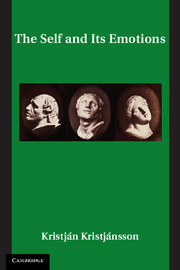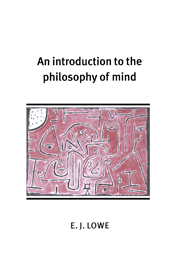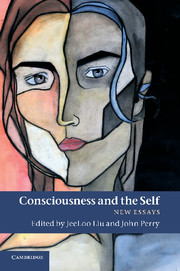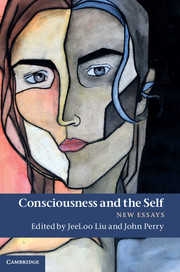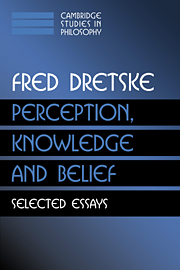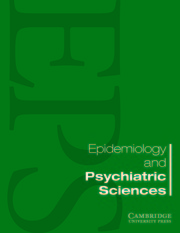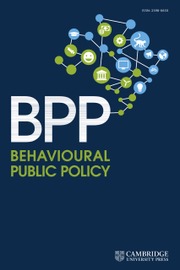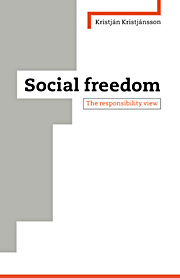The Self and its Emotions
If there is one value that seems beyond reproach in modernity, it is that of the self and the terms that cluster around it, such as self-esteem, self-confidence, and self-respect. It is not clear, however, that all those who invoke the self really know what they are talking about, or that they are all talking about the same thing. What is this thing called ’self’, then, and what is its psychological, philosophical, and educational salience? More specifically, what role do emotions play in the creation and constitution of the self? This book proposes a realist, emotion-grounded conception of selfhood. In arguing for a closer link between selfhood and emotion than has been previously suggested, the author critically explores and integrates self research from diverse academic fields. This is a provocative book that should excite anyone interested in cutting-edge research on self-issues and emotions that lies at the intersection of psychology, philosophy of mind, moral philosophy, and moral education.
- Uses a strong interdisciplinary focus and critically reviews much of current self research in a number of different academic areas
- Explores various examples from current culture
- Examines the educational implications of its findings
Reviews & endorsements
"In his excellent and original book, Professor Kristjánsson rightly emphasizes how important emotional education is for our well-being and for that of our children. The valuable role of emotions in education cannot be better articulated."
– Aaron Ben-Ze'ev, President, University of Haifa
“Professor Kristján Kristjánsson has a strong claim to the leading light in the contemporary philosophical study of key topics in moral psychology and moral education, and The Self and Its Emotions is the latest and arguably the best of the many full-length works in this field that this distinguished scholar has produced in recent years. In this latest work, Kristjánsson brings all of his formidable analytical power and skill to bear on some of the most vexed philosophical problems about the self and to clarification of the place of human emotion in human personal identity and agency. While this work clearly makes a major contribution to contemporary philosophical understanding of such questions, its findings are also of immense importance – as Kristjánsson has continued to show – to such fields of public policy and practice as education. However, the clear, elegant, and accessible style of the writing should also appeal to any general reader interested in the fundamental human questions with which this work deals.”
–David Carr, The University of Edinburgh
"...In this scholarly, well-referenced volume, Kristján Kristjánsson challenges the
dominant perspective and presents an alternative paradigm of the self. He contextualizes and summarizes both historical and contemporary thought as he argues that the self is best understood in terms of emotional responses instead of actions... The Self and Its Emotions is an excellent resource for philosophers and rationalists alike and is of interest to psychologists, sociologists, educators, philosophers—anyone who is interested in moral education or in life’s loftier questions of “Who am I?” and who is willing to persevere beyond the introduction of this well-written tome."
–Dr. Reshma Naidoo, PsycCRITIQUES
"...This book is of interest both for its theoretical account of the self and for the practical implications of the author's view of moral education and character
development. Although this is a scholarly work, faculty, researchers, and graduate students will find that its interdisciplinary focus and clear style make it a pleasant read. It is not an introductory work, but a very determined undergraduate or general reader could make it through... Recommended..."
–-- M. W. Sontag, College of Mount St. Joseph, CHOICE
"...The writing is intended for an interdisciplinary audience and is not overly technical, even though it employs much philosophical terminology. I am impressed by the breadth of this book and favour Kristjansson's methodology, a Humean account of moral psychology building on both Aristotle and contemporary psychology..."
--Dr. Sylvia Burrow, Associate Professor, Department of
Philosophy and Religious Studies, Cape Breton University, METAPSYCHOLOGY
"....engaging and intelligent book.... The Self and Its Emotions reads as the expression of just the kind of robust self whose existence it defends - a unified voice that consistently expresses a stable set of core commitments, values and beliefs in a wide range of contexts. It is a voice worth hearing."
--Marya Schechtman, Times Literary Supplement
"...The chapters of [The Self and its Emotions] serve as positive models in their own right, demonstrating how a philosopher’s critical tools and conceptual overview can carve clarity and purpose out of today’s many-voiced, multi disciplinary discussions of self-knowledge and moral identity."
--Frances Bottenberg, Philosophy Department, Stony Brook University, Philosophical Psychology
"...Kristjánsson contributes greatly through his detailed discussions of important questions, his explication of the variety of proposed answers and his delving into the assumptional skeletons in each closet. Kristjánsson writes philosophy for non-philosophers, and most readers will find the book interesting and accessible.... he demonstrates through his own writing the potency of bringing philosophical critique to psychological ideas and psychological critique to philosophical ideas. The resulting discussion is a beacon and a guide, pointing the way to better questions, if not to immediate answers."
--Stephen A. Sherblom, Lindenwood University, Journal of Moral Education
Product details
July 2012Paperback
9781107663510
290 pages
229 × 152 × 17 mm
0.43kg
4 tables
Available
Table of Contents
- 1. Introduction
- 2. What selves are
- 3. Exploring selves
- 4. The emotional self
- 5. Self-concept: self-esteem and self-confidence
- 6. The self as moral character
- 7. Self-respect
- 8. Multicultural selves
- 9. Self-pathologies
- 10. Self-change and self-education.

